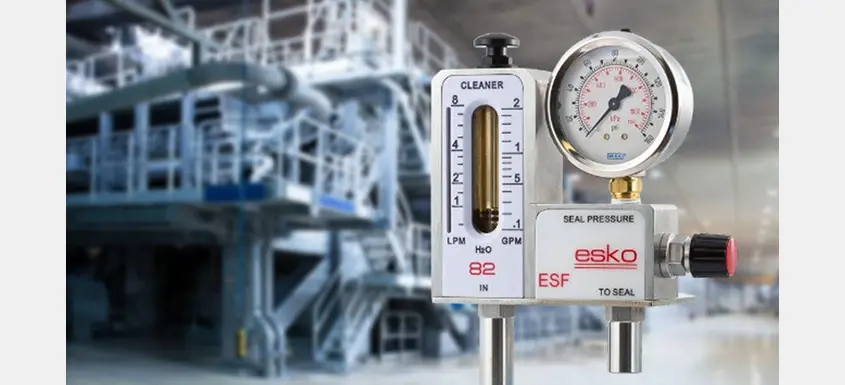Aalto University is making significant strides in the Emission Free Pulping (EFP) program through the expertise of Professors Tapani Vuorinen, Tiina Nypelö, and Luana Dessbesell.
This initiative aims to revolutionize the pulping industry by reducing emissions and increasing wood utilization efficiency.
Professor Vuorinen's team is investigating the nano-scale structure of wood cell walls, focusing on the middle lamella. Using infrared photo-induced force microscopy (IR PiFM), they have developed methods for chemical imaging with precision below five nanometers. This innovative approach aims to provide insights into lignin separation and dissolution, potentially transforming pulping processes.
Professor Nypelö's team is exploring defibration techniques to enhance fiber liberation. Their research involves isolating components from wood chips and analyzing them with NMR to understand their structures. They aim to increase pulp yield from 50% to 70% by developing new fractionation methods in collaboration with Mid Sweden University.
Professor Dessbesell's team focuses on sustainable bioproduct innovation, translating research into commercial applications. They analyze the sustainability of promising pulping concepts, integrating techno-economic, environmental, and circularity indicators, while collaborating closely with LUT University and Metsä.
The EFP program, supported by a consortium of universities and industry leaders, aims to set new benchmarks for environmental responsibility in pulping. With a budget exceeding 15 million euros, the program is poised to significantly contribute to sustainable wood processing, with all findings to be published openly for widespread utilization and innovation.
Emission Free Pulping is a 5-year research program led by VTT and RISE that aims to significantly reduce biomass burning and increase the product yield from wood from approximately 50% to around 70%. The program is projected to have a budget of around 15 million euros over the next five years.
























































